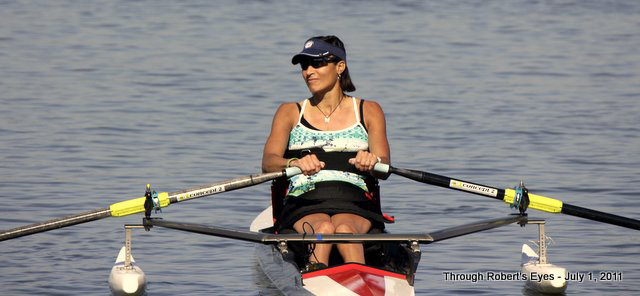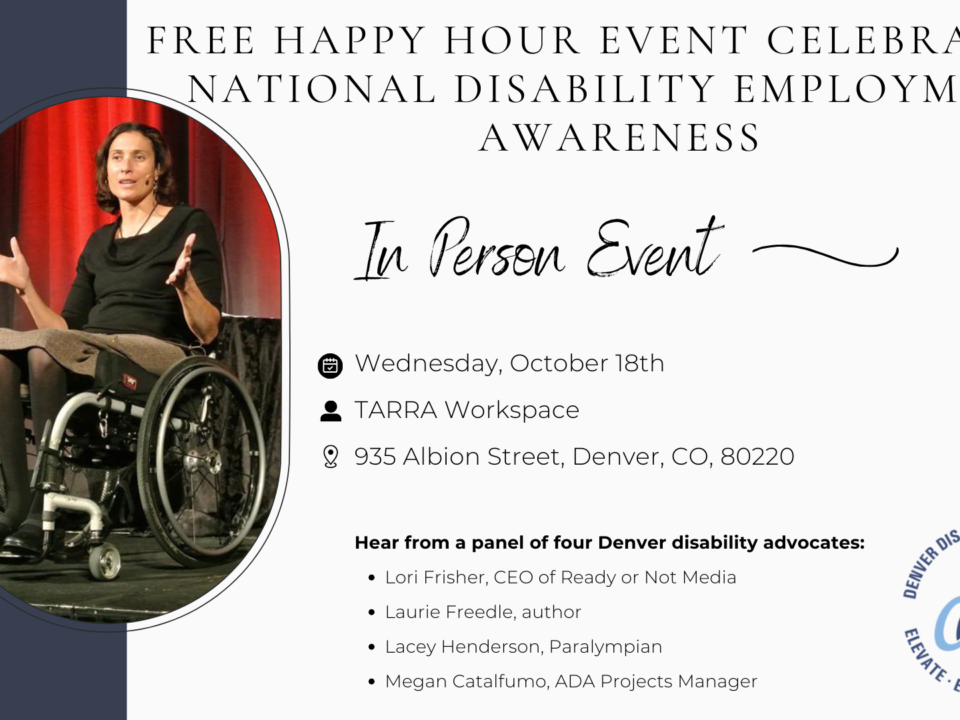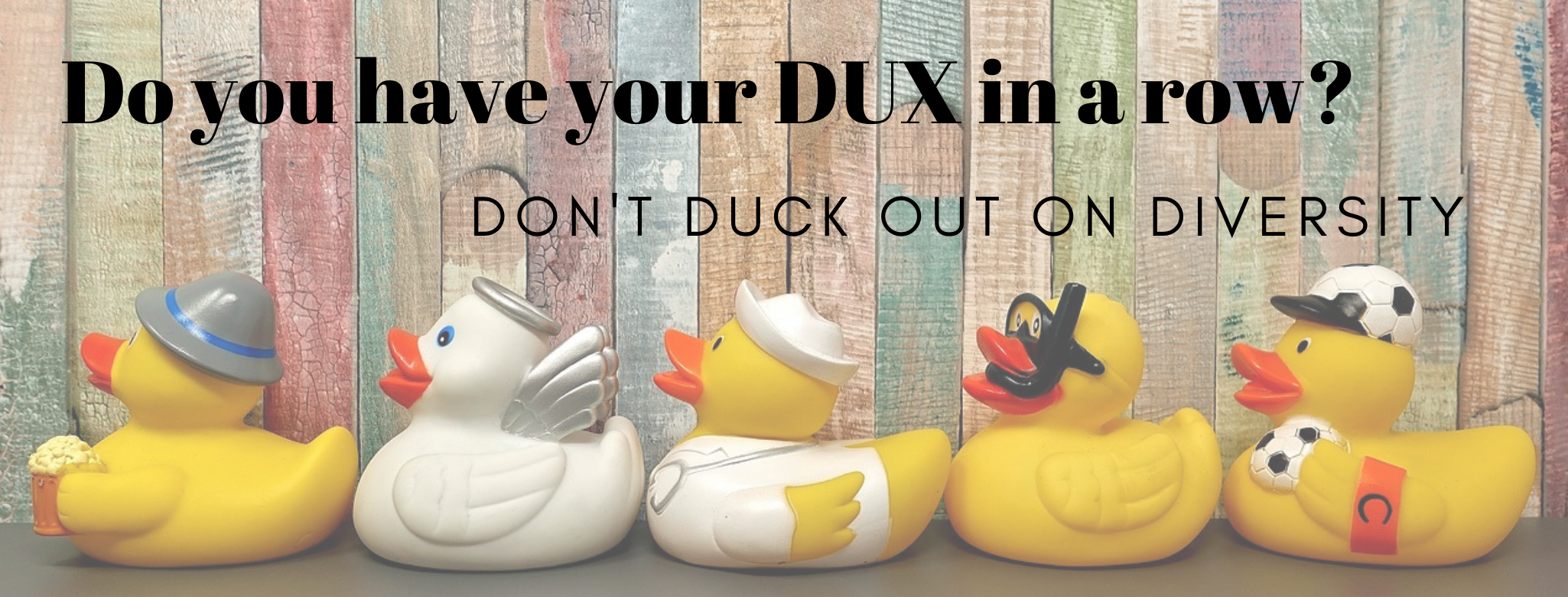Two weeks ago, I gave a presentation that didn’t live up to my expectations. Fortunately for me, the audience didn’t know I had written a new section into my speech that I thought was brilliant and made my point perfectly, but didn’t quite get across in my speech with the proper wording and emphasis that I had practiced. When I was finished, I ignored all of the positive feedback I got from the presentation and instead focused on my mistakes. And where did that get me? Nowhere. Except continually dumping on myself for the next 48 hours. Stupid, stupid, stupid…, was all I could think.
Have you ever fallen short of your own expectations and found that you couldn’t get over it? It happens to me, more than I would like to admit. Of course, I have learned over the years, that not only am I my own worst critic, but sometimes I am downright unforgiving of myself. I have been working on this and continue to work on it, because the best athletes are the ones who master this skill. When things don’t go well in athletics, and you dwell on it, it ruins the rest of your practice or race and holds you back from truly excelling. I remember it on the balance beam as a high school gymnast. I had one meet where I fell not once, but FOUR times. And I was the gymnast on my team who had previously had the most “no fall” routines of everyone. But I let this one fall take me totally out of my game. As I kept thinking about it, it took my attention away from the rest of my routine. Same thing in age group swimming—100 back, crappy first turn and the rest followed suit. Triathlon? I’ve had bad bike legs turn into even worse run legs. I battle this consistently and then it compounds and I have a hard time forgiving the fact that I can’t forgive. What an ugly and unproductive cycle.
It wasn’t until one day at rowing practice a few years ago when I got called out on this hang-up that truly hit home how damaging this inability to ‘let go’ could be. It’s clear that I haven’t mastered it yet, based on how I felt after the recent speaking engagement, but it’s only human to struggle with our self worth following what we consider a failure. I believe everyone experiences it at one time or another, and we can all use a reminder of the importance of both positive thinking and forgiveness. Each time I need a refresher on this skill or find I’m beating myself up about something, I go back to this story.
During the summer of 2011, I was competing in the sport of rowing and preparing for the World Championships in Bled, Slovenia. On a row one day in Oklahoma City where I was training, my coaches were riding next to me on a motorized boat to watch my form and oversee my workout. Several times during my row I would not get the oars placed in the water correctly and on some occasions I would miss the water completely. When I did that, I’d usually utter a four-letter word under my breath, shake my head and then, you guessed it, miss the water again on the next stroke.
It was then that my coach said to me, “when you miss a stroke, you need to be quick to forgive yourself and move on.” She said “it’s not the stroke you miss that is a problem, it’s the four or five or six subsequent strokes that you miss because you were beating yourself up, that are the problem.” And in that moment it hit me. She didn’t tell me something I didn’t already know, but she reminded me of the fact that it was an area for growth and was a mental toughness skill on which I continually had to concentrate.
I’m always glad to remember that story because forgiving yourself can be one of the hardest things to do when things don’t go to plan or you fall short of your expectations. And it’s made even more difficult because it’s so easy to look around and see the success stories of our friends, colleagues, and competitors. We look at them on Facebook, in the news, even in person and assume that because they have found success, they have never made any mistakes. However, it’s not the lack of mistakes that make a person successful, it’s the ability to turn those mistakes into learning experiences and to continue looking forward and working on improvement that matter.
I know I am not the only person who relives mistakes and has a hard time forgiving. How many times have I listened to a friend cry or vent or dwell on the frustration of a project or activity that didn’t go right? But the important lesson here is to know that growing and excelling in sports, business or life requires one to forgive and move forward in the face of falling short, while continuing to believe in oneself.
As a lifelong athlete, even though I have participated in a variety of sports, one thing that has remained consistent, is the necessity of a strong mental game, and part of that is letting go of poor performances, allowing yourself time to learn (and make mistakes) and to be forgiving of the process—because how you react, what you say to yourself and even the labels you put on yourself (“I’m a horrible athlete, I totally screwed up, I’m no good…”) will eventually manifest themselves in reality. And the same rules apply in our professional and personal lives.
When I was rowing, I wanted to stay mentally tough. Although I had much to learn to master the sport, I knew how much the words going through my mind affected my performance and that half the battle is being in control of your thoughts. Following my coach’s reminder of the importance of forgiving the bad strokes, each time I went out on the water I began a new practice. If I missed a stroke, I would breathe through it, not utter a word, let it go, and row on. It sounds so simple, yet it changes everything. And, it’s amazing what a big difference it makes. Rowing is a sport of patience, rhythm and timing. When it’s executed correctly it’s smooth, flowing and beautiful. Just like in the business of speaking, when you’re on the stage. You can look back at a statement that didn’t come out just right or beat yourself up for a less than perfect presentation, however it blocks the next brilliant thing that is supposed to come out of your mouth and can become a downward spiral.
Like anything—even everyday life—it takes attention and effort. One stroke at a time—strong, steady and forgiving. But it’s an important skill to master and by being gentle with yourself, giving kind feedback in your endeavors and thinking positive thoughts, eventually you can get through even the deepest waters.
Tricia Downing is recognized as a pioneer in the sport of women’s paratriathlon, which is the sport of triathlon for athletes with disabilities. She is the first female wheelchair racer to complete an Iron distance triathlon—1.2-mile swim, 112-mile bike, 26.2-mile run. She has competed in triathlon at all distances and both nationally and internationally, in addition to competing in marathons, duathlons and the sport of rowing. She is currently a member of the U.S. National Development Shooting Team, with her sights set on the 2020 Paralympic Games.
In 2009, Tricia founded Camp Discovery, a fitness camp for women in wheelchairs designed to promote health and healing on all levels—mind, body and spirit.
Tricia holds Masters degrees in both sport management and disability studies and is a motivational speaker. She wrote and published her memoir Cycle of Hope in 2010.
She lives in Denver, Colorado. Visit her website at: www.triciadowning.com




